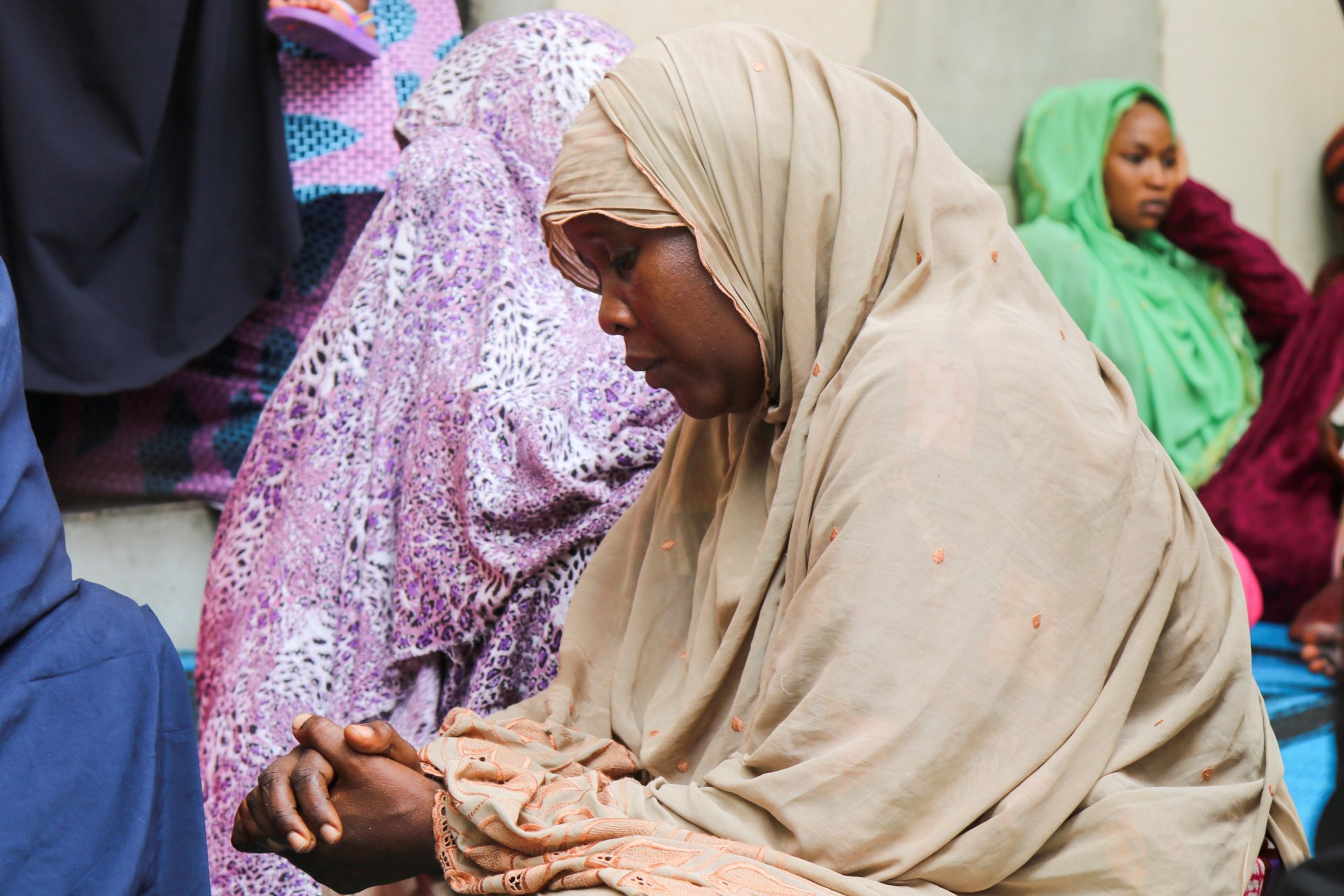Northern Nigeria Faces the Threat of Famine

By experts and staff
- Published
By
- John CampbellRalph Bunche Senior Fellow for Africa Policy Studies
The Western media is focused on the struggle between Israel and Hamas in Gaza, with searing images of the humanitarian disaster that is unfolding. Yet the magnitude is tiny compared to the humanitarian crisis in northern Nigeria. Total confirmed deaths number 239 in the current round of fighting between Hamas and the Israelis. In comparison, there have been at least 755 deaths since January 1, 2021 in northeastern Borno State, the epicenter of the Boko Haram insurgency; in northeastern Nigeria alone, over 2.9 million are internally displaced. In northwestern Kaduna and Zamfara states, both heavily afflicted by armed banditry, cumulative deaths since the turn of the year are at least 705. (Many more have been kidnapped.) Reporting from northern Nigeria is difficult, and thus casualty figures are likely an undercount. Now, the World Food Program is sounding the alarm over the looming prospect of famine. Already, a large majority of Nigerians (86 percent) lack access to a safely managed source of potable water.
In northeastern Nigeria, food and other relief is provided almost entirely by UN agencies and some 150 Nigerian and international non-governmental organizations (NGOs). Yet their personnel are under attack from Boko Haram and other jihadi organizations who accuse aid workers of, among other things, “Christianizing” the indigenous Muslim population. The other bookend of humanitarian frustration is that relief workers credibly complain that their efforts are too often thwarted by the army and the police in the name of “security.” At least some security operatives complain that humanitarian relief reaches jihadis.
Why does the ongoing tragedy in northern Nigeria—and indeed much of the rest of the Sahel—attract so little attention in the developed world? Part of the answer is that the Sahel and northern Nigeria are far away. Few Americans have a personal link to it, unlike the large number that are invested in Israel and Palestine in one way or another. Many, perhaps most, Americans are convinced that what happens in Israel and Palestine directly affects U.S. interests. Further, issues in the conflict in northern Nigeria and the Sahel, in many ways a civil war within Islam, are obscure to twenty-first-century Americans. Popular media coverage is also limited: for a long time, media access to the war zone has been inhibited both by jihadis and the security services. “Compassion fatigue” in the aftermath of Afghanistan, Iraq, and Syria also plays a role.
Whatever the reasons, the bottom line is that the ongoing tragedy in the Sahel and northern Nigeria merits more humanitarian attention from the United States than it receives.
